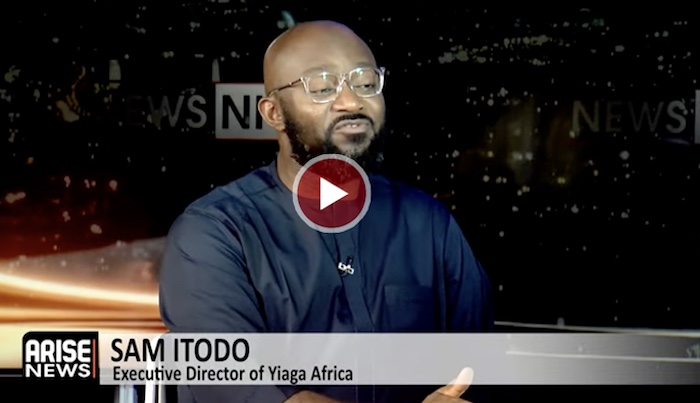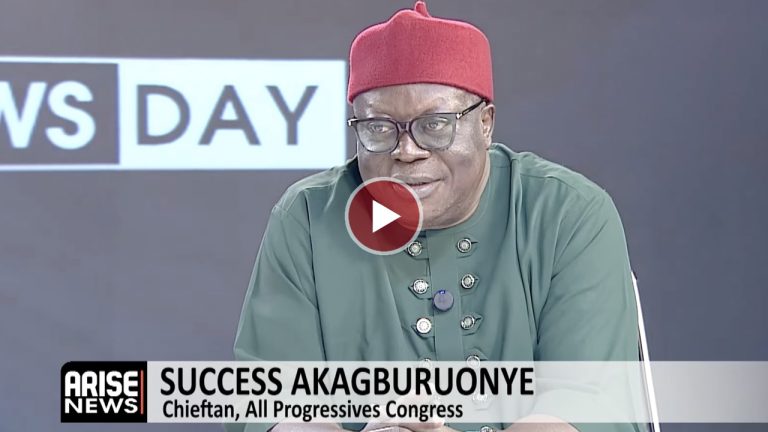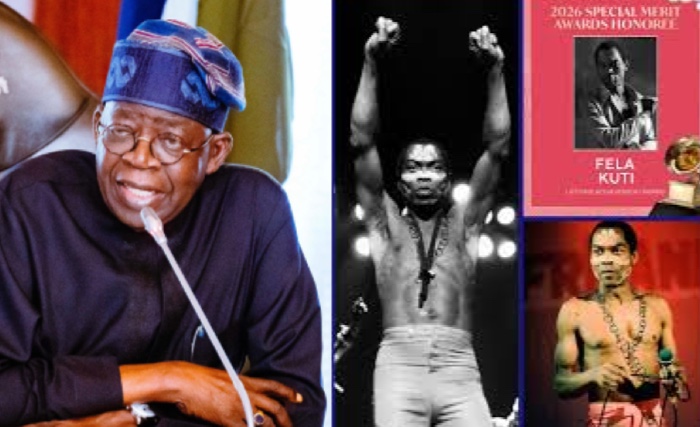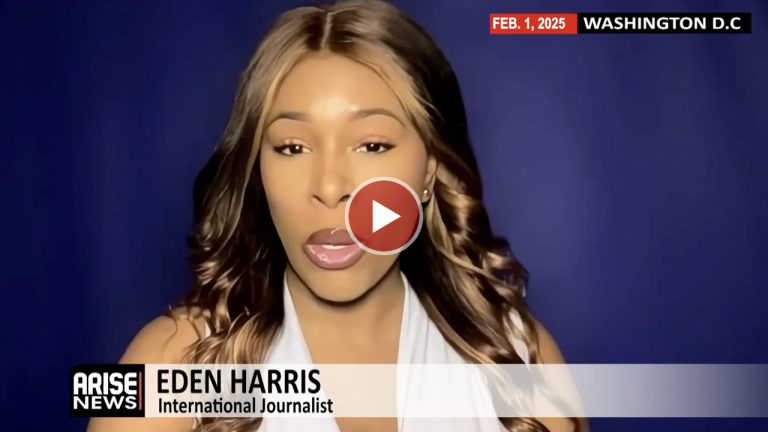

Executive Director of Yiaga Africa, Sam Itodo, has described vote buying as one of the biggest threats to Nigeria’s democracy, warning that the political class continues to weaponise poverty to influence voters’ choices.
Speaking during an interview on ARISE News Sunday, Itodo said Nigeria’s electoral progress remains slow because of systemic manipulation by politicians and persistent voter apathy.
“This election has demonstrated that we have a political class that continues to weaponise poverty and will do everything possible to influence voting choices,” Itodo said. “In the Anambra elections, we clearly saw instances of vote buying, with votes sold for as high as ₦10,000 to ₦15,000 from our observation.”
He revealed that Yiaga Africa, in partnership with six other civic organisations—including the Kukah Centre, Nigerian Women’s Trust Fund, PAF Africa, International Press Centre, Centre for Media and Society, and Electa—deployed 711 observers across Anambra State during the election.
“Each of these organisations reported cases of vote buying,” he said. “In some places, cash was deployed directly to polling units. In others, POS machines were used. There were also political agents taking records of voters for post-voting inducement.”
Itodo criticised the lack of accountability, noting that despite widespread malpractice, the EFCC arrested only three suspects.
“If all stakeholders agree there was massive vote buying, then there’s a great need for accountability,” he stressed.
The Yiaga Africa boss also expressed concern over the persistently low voter turnout across Nigeria.
“In the 2021 Anambra election, only 10% of registered voters showed up. This time, we saw about a 10% increase,” he noted. “Between 2021 and 2025, all we’ve gained is 10% growth. That should spark a national conversation about voter turnout.”
He warned that Nigeria’s declining participation rate — just 25% in the 2023 general elections** — undermines the legitimacy of its democracy.
“If citizens are not showing up to exercise their franchise, it says a lot about the health of our democracy,” he said. “Even when INEC and security agencies have done their part, the missing link might be voter education and poor political messaging.”
Despite concerns, Itodo commended the Independent National Electoral Commission (INEC) for improving election logistics and transparency through the IReV results portal.
“Since 2013, Anambra has been known for late commencement of accreditation,” he said. “In 2021, only 17% of polling units opened by 7:30 a.m., but in this election, 49% opened on time. The IReV also functioned optimally — within four to six hours after polls closed, most results were already uploaded.”
He said the election’s integrity was largely protected, with results reflecting what was recorded at polling units.
“The results announced were a clear reflection of what was declared at polling units,” he said. “So, to that extent, the will of the people prevailed.”
Itodo emphasised that Nigeria’s biggest electoral challenge remains political interference, not technical failure.
“Our institutions can work if they are left alone,” he said. “The biggest challenge is undue interference from politicians who put pressure on INEC and security agencies to manipulate outcomes.”
He urged political actors to resist compromising democratic institutions and allow them to function independently.
“If politicians resist the temptation to interfere, our democracy will flourish,” Itodo stated. “The problem is not that INEC or the security agencies can’t deliver; it’s that political interests often override institutional integrity.”
The activist also praised the professionalism of security operatives during the election, which he said contributed to a peaceful process compared to 2021.
“In 2021, it felt like we were preparing for war. This time, it was different,” he said. “Over 55,000 security personnel were deployed, and they ensured a safe environment.”
However, he noted that despite improved security, voter turnout remained low, suggesting that citizens are disillusioned by governance failures rather than fearful of violence.
“If the environment was safe and voters still didn’t show up, it means the political actors are not speaking in a language the people understand,” Itodo said. “People are tired of vote buying and want good governance and improved socio-economic conditions.”
He concluded that until political leaders prioritise citizens’ welfare over vote trading, elections will remain transactional rather than transformational.
“Until we deliver quality governance and improve people’s lives, they will see no reason to turn out and vote,” he said.
Boluwatife Enome



